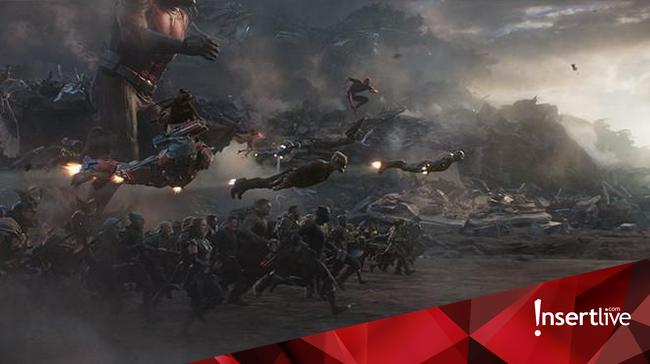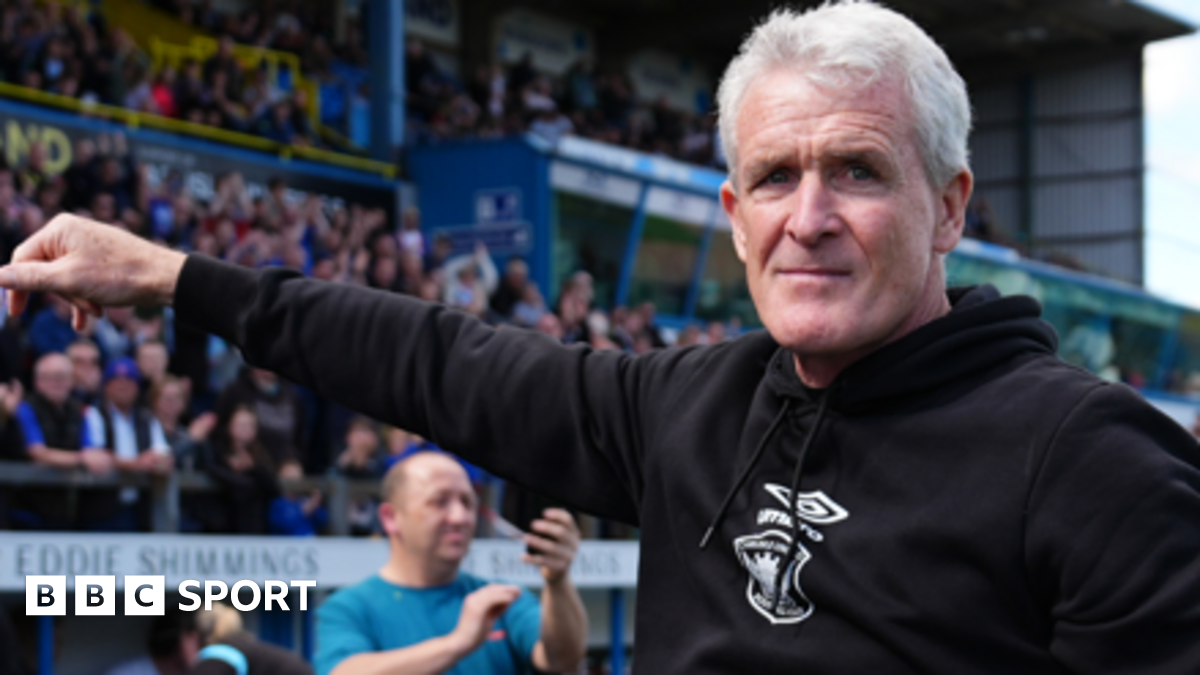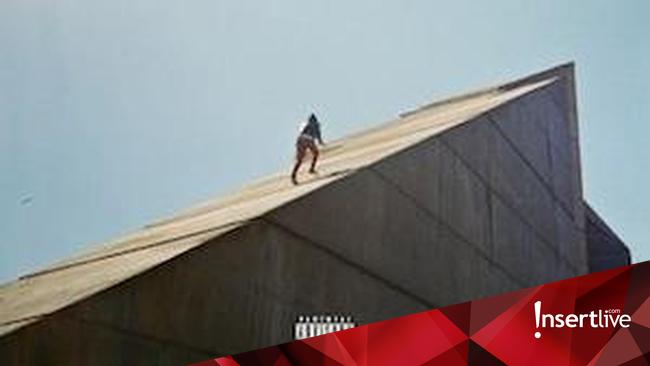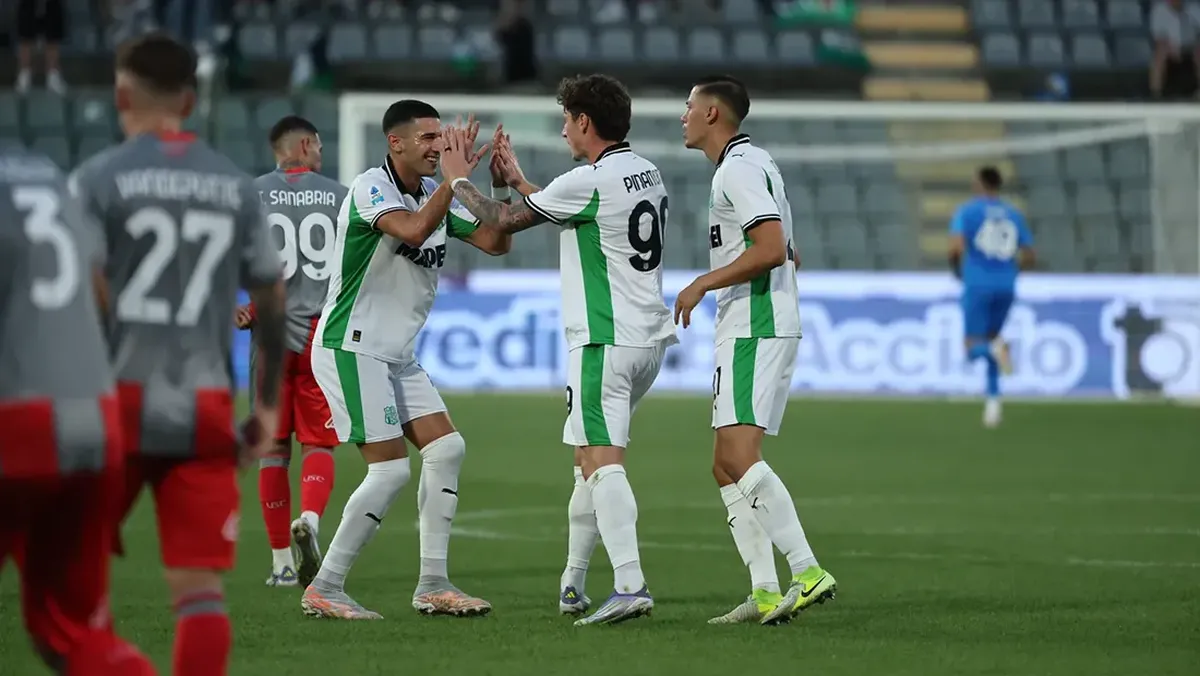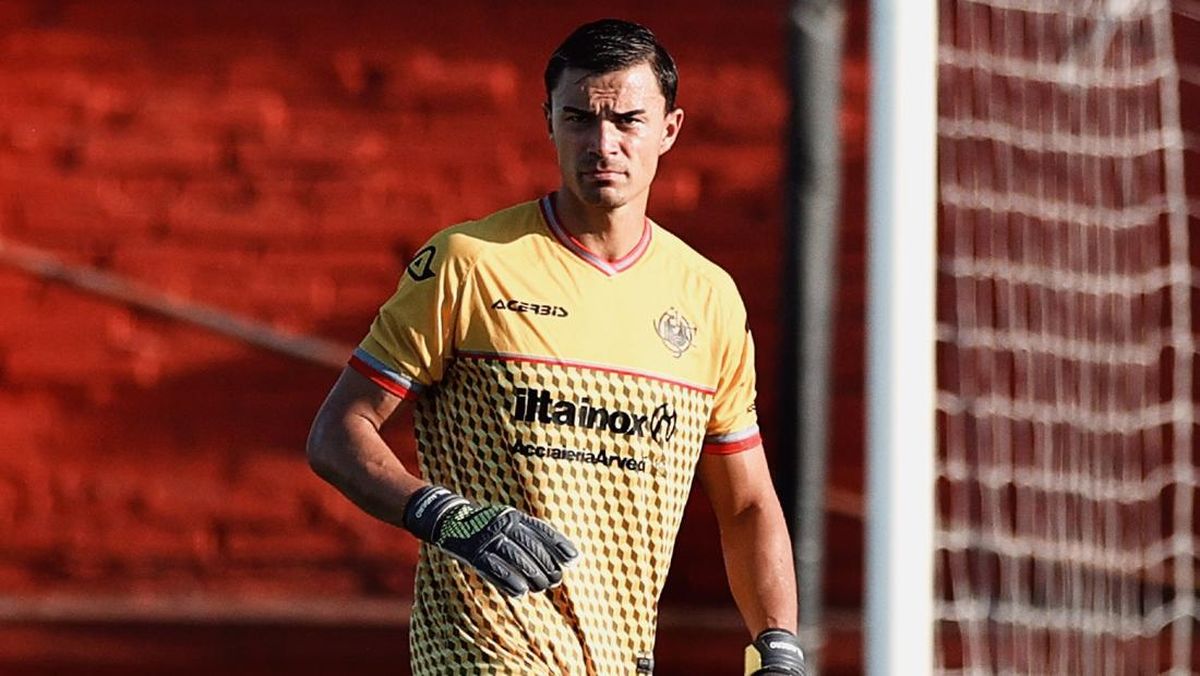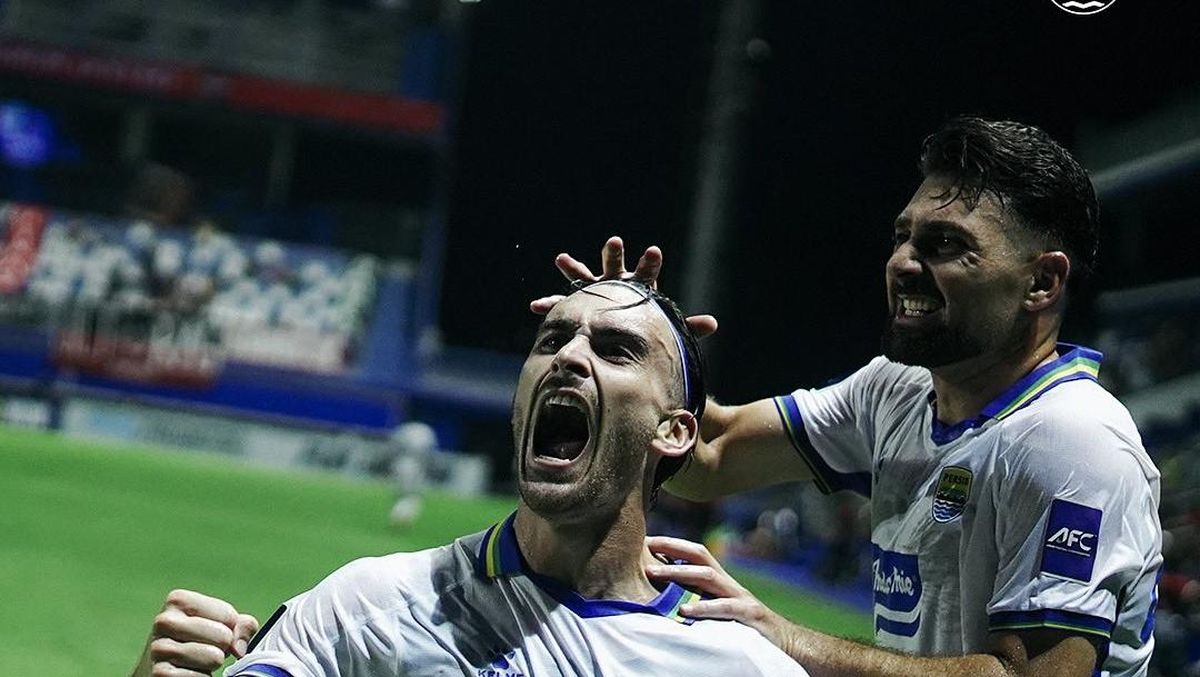Never mind the bright lights of Hollywood, there were times where Geraint Parry left Wrexham's Cae Ras wondering if the electricity was about to be cut off.
Or if the emergency job on the burst pipes would hold so that weekend's game could still go ahead.
It is perhaps fitting for a club that played its first game against the Prince of Wales Fire Brigade 161 years this week, much of Wrexham's history has been about trying to put out one flame or another.
And for two decades, it was more often than not the club secretary was on the end of the call.
"Running out of toilet rolls was always a favourite," laughs the 65-year-old, the club's longest-serving employee whose remit stretched from transfer paperwork, litter picking, press officer and everything in-between.
From the worrying over wages and whether the budget would stretch to players' pre-match meals, recent times have seen more film scripts sent than final reminders following the arrival of Ryan Reynolds and Rob McElhenney at the north Wales club.
Yet amid the modern touch of tinseltown, Parry has been the smiling constant in the background.
The connection to the club's past stretches back to his first walk down the Mold Road as a teenager 51 years ago.
Not local, but Welsh and the chance of an easy train journey from the Wirral started it all.
"I can remember buying a programme from the club shop by the Turf, coming through the boys' entrance for something like 25 pence to stand on the Kop - and then it was eyes wide open," Parry recalls of that first experience in 1974, with Mickey Thomas and Joey Jones both in the team that beat Plymouth.
He went from fascinated reader of the programme to helping run it, just in time for the famous European win over Porto in 1984. Eventually he gave up a job building wings at an aerospace factory to go full-time amid the advent of club websites.
"And it was going okay, but then the finances got worse and we went into administration," Parry recalls of the events of 21 years ago. "People were losing jobs all over the club and they said I could either be made redundant, or did I fancy being club secretary?"
Cue the phonecalls. And the visits to the High Court. And the meetings with the UK Government sports minister, the legal wranglings, the relegation from the Football League.
"There were times where there were protests or things that were happening that were concerning, but you just had to stay level, make sure the game got played, and get the players in the position where they would go out and play," he says.
"You'd be thinking 'This is serious' but you almost couldn't let it show, you just had to carry on."
Including when the financial struggles returned.
"We had the meeting in Telford on a Thursday where they said 'Could Wrexham stay and step to one side?' at the end, as if we were naughty schoolboys," he recalls of the moment the club were told to raise a bond of £250,000 over the weekend or be refused permission to play the 2011-12 season, something that would effectively kill the club.
"The owners at the time could only put a percentage of that money in so we still had to get £100,000 at the drop of a hat.
"But then the fans started to come into the office. I can remember going to the club shop with a little boy and his piggy bank wanting to give us his savings.
"There was the man with the deeds to his house - which made a good story even if the National League wouldn't accept it, but it showed what the club meant and what people were prepared to do.
"You would welcome them all, but it would be heartbreaking because - you couldn't show it - but deep down you knew it might not be enough.
"There is a lot of history in this place - the club is the third oldest professional club, the ground is the oldest international venue - but it doesn't count for anything when you're trying to find the pounds, shillings and pence to carry on."
As history shows, enough came from ordinary fans to kick-off the season and, galvanised, supporters soon took over the running of the club.
"You still had to watch every penny and everyone helped out or mucked in," he says. "If you'd have a short turnaround between games, you wouldn't leave Mike cleaning the stadium on his own, so you'd go walk up and down the terraces.
"Or you'd be calling friends when it snowed to get down there with a shovel. We had a really cold winter once and over Christmas the physio from the Rugby League side noticed the old pipes had burst… water was coming out of the player's entrance. We were there, hands in freezing water running everywhere to try and make sure we could open the stands.
"But everyone put the hours in and there was a spirit between us. We just got on with it."
There were the usual jobs - the ticketing, the fax machine on deadline day, and, yes, the cash-and-carry dash for the emergency toilet rolls.
But there were also helping players sort mortgages, or the call from the local police station after a player was stopped while driving early on a Sunday morning.
"I used to think the one phone-call you were allowed to make was a myth, but it came to me," he laughs. "I couldn't help them score goals or pass the ball down the wing, but I could try and help make life easier for them."
Life is certainly easier now at Wrexham, if not simpler.
Parry was among those fans looking nervously at the financial implications of Covid before news of north American investment from two actors arrived, and the surreal change that has followed.
Aside from the success and getting the chance to return to the second-tier football Parry watched as a fan at the end of his teenage years, there is everything that goes with the profile.
"It is quietening down, but at the start people really did think that Rob and Ryan were popping in on a regular basis," he says. "We would have film scripts, people's life stories, looking for investment or help with charities.
"Rob went for a Chinese meal while he was here once; next thing we know we had a gentleman sending in books of Chinese recipes for him. It's all very nice. I didn't have a direct line, but poor old Humphrey Ker would be weighed down with messages or souvenirs."
The changes and investment into the club means the small-band is much bigger these days ("We have so many departments - I think there's more accountants than we used to have football staff") but is pleased the club maintains its connection, pointing out Reynolds' and McElhenney's emotional investment into an area whose name is now known around the world.
"The accents you hear around the place is mind boggling now, and not even on a match day," says Parry, recounting a tale when the family of a starting NFL quarterback turned up unannounced just to get a glimpse of the Cae Ras, or the cruise ships whose passengers now place a trip to Wrexham on the same priority as the Beatles tour.
"I was at a Visit Wales convention the other night where there were tour operators from around Europe and America who were saying Wrexham's one of the most-searched names they have on their list.
"Yes, we sell shirts and souvenirs on the back of it, but it's more than that. People have really brought it into and feel part of it. It's very humbling."
Not unlike the wide-eyed boy with the programme all those years ago.
It's fitting, then, that Parry has started work as official club historian having stepped down from his role as secretary ("a younger man's game") and glad to see the end of Fifa paperwork.
A bit less pressure, but no rest.
With Kieffer Moore and Nathan Broadhead the first Wrexham Wales internationals in years, a check of the international honours board is right up the old programme-editor's street.
And there have already been chats with Premier League clubs about what can be offered in terms of tours and museums as the club - and the stadium - looks to expand, while also visiting the memorial gardens at other grounds as part of the planning, Parry so often having been the one to call when families wanted to take the ashes of loved ones to be left at the Cae Ras.
Which is one of the many reasons so many people, from fans to colleagues at rival clubs, have their eyes light up when you talk about the man who once wondered whether the lights would go out.


